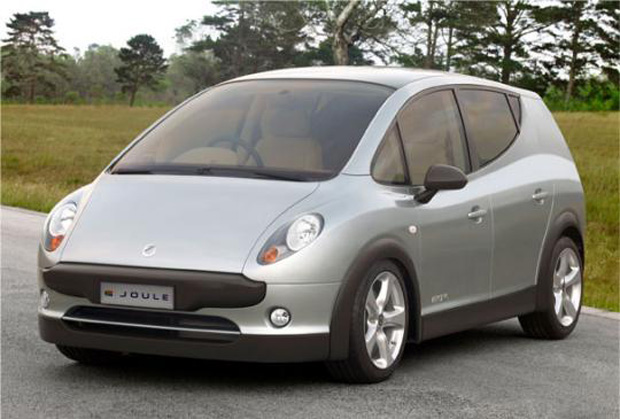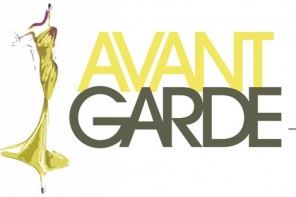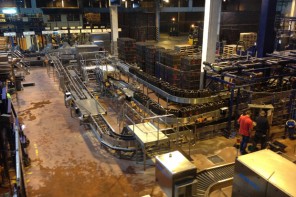Currently cars are a big contributor to pollution and the situation doesn’t seem to be getting any better. One of the solutions, the electric car, recently took a lot of heat when Optimal Energy – manufacturer of the first South African electric car, the Joule – had to close down due to lack of funds.
Although the prototype was complete and had been praised by both media and government, money for commercialisation of the vehicle – estimated at around R9 million – was somehow not forthcoming. Seven years of work and R300 million of funding later, it seems the Joule was nothing more than a pipedream.
But was a South African made electric car ever really viable? Critics seem to think not. The concept of the electric car has been on on-going debate worldwide for a long time, and while some see it as the answer to many of our environmental problems, the sales figure appear to say otherwise.
The Joule design
Estimated to be sold for between R235 000 and R285 000, the Joule electric car was a five-seater with a range of 300km and a maximum speed of 135kmph. Using something called ‘the electric drive train and battery system’ that Optimal Energy has designed in-house to ensure a longer lasting battery, the Joule’s lithium-ion battery pack would have required seven hours for charging.
With a team that included SA designer Keith Helfet – famed for several Jaguar designs – and input from Italian design house Zagato, the Joule was well received at the Paris Motor Show in 2008 and won a ‘best on display’ award at the Geneva Motor Show two years later. On a local level, the car received positive reviews and was shown support by members of government at Durbans COP17 last year.
A Greener Car?
Ironically, the design for an electric vehicle was invented all the way back in the 1890s and although it enjoyed some popularity into the early 1900s, advances in internal combustion technology combined with the mass production of cheaper gasoline cars meant it took the back seat. But due to the economic recession and growing environmental concern of our times, the market for the electric motor car has been revived.
‘(The Joule car is the) solution that produces zero emissions, the highest wheel-to-wheel efficiency and minimal lifecycle footprint,’ reads Optimal Energy’s website.
Because electric cars have no tailpipe, they are said to not emit pollutants when driving – and in some cases the battery and recharge technologies can also mean less greenhouse gases. Of course by not using petrol you are no longer wasting these precious resources on your car and could even be saving money.
But what of the electricity for recharge? Ideally this would come from alternative energies such as wind and solar, however the reality in South Africa right now is that you would be using electricity from burning coal or even radioactive nuclear! Also, some question if the production and disposal of electric vehicles is in itself environmentally sound.
Commercial Risks
In order to have commercialised the Joule, Optimal Energy would have had to partner with an automotive original equipment manufacturer or a “big player” in the industry – something which they could not manage.
At this point (April) Optimal Energy started looking into a number of other mobility projects that would utilise the technology they had worked so hard and long to design; this included a collaboration with General Motors and their Hummer production line, vehicles for US export with Hi-Tech Automotive and then finally, production of electric buses together with Triz Engineering Solutions. But when none of these took off, Optimal Energy had to face the hard facts.
“The project was not viable anymore, given the projected domestic and international markets for electric vehicles,” said Abel Malinga of IDC (governments Industrial Development Corporation) – one of the Joules main funders. It seems other major shareholder TIA (the Technology Innovation Agency) shared this sentiment, as Optimal Energy had to close doors last June.
While many have now lost their jobs, it is as yet unclear what will happen to the Joule’s intellectual property and fully functioning demo models.
An Unpopular Choice
Critics are now saying that the Joule was never a viable business idea – that it was too highly priced and that there was never going to be enough local demand for the 50 000 models planned. It did cost more than the original budget and Optimal Energy postponed deadlines for industrialisation a worrying number of times.
But electric cars have had a bad rap worldwide for a while now. To date, there has never been a truly successful electric car (or hybrids for that matter). While this may seem strange considering that our environmental issues and oil prices aren’t getting any better, limited driving range, lengthy time for recharging and lack of supporting infrastructure are just some of the reasons as to why electric is just not a popular choice of car right now.
The Future Looks Electric
Some believe that due to factors like increasing fuel costs, fuel economy standards and government purchase incentives, the annual market for hybrid electric and plug-in electric vehicles will grow exponentially within the next five years. It has to be said that when Optimal Energy started out, there was no global economic crisis as well as fewer competitive alternative technologies on the market.
An emerging worldwide trend is governments who pose incentives for the production, purchase and use of electric cars. US president Barack Obama recently called for one million plug-in vehicles to be on America’s streets by 2015 while China is using government investments to encourage an additional million EVs on their roads per year for the next ten years. Other perks for driving an electric car may include congestion tax relief or free access to municipal electricity for recharging.
Let’s just hope SA doesn’t stop trying.
If you fancy yourself an electric car, look out for the Nissan Leaf which will be available in South Africa sometime next year.
To find out more about electric vehicle technology, check out this Californian company.











